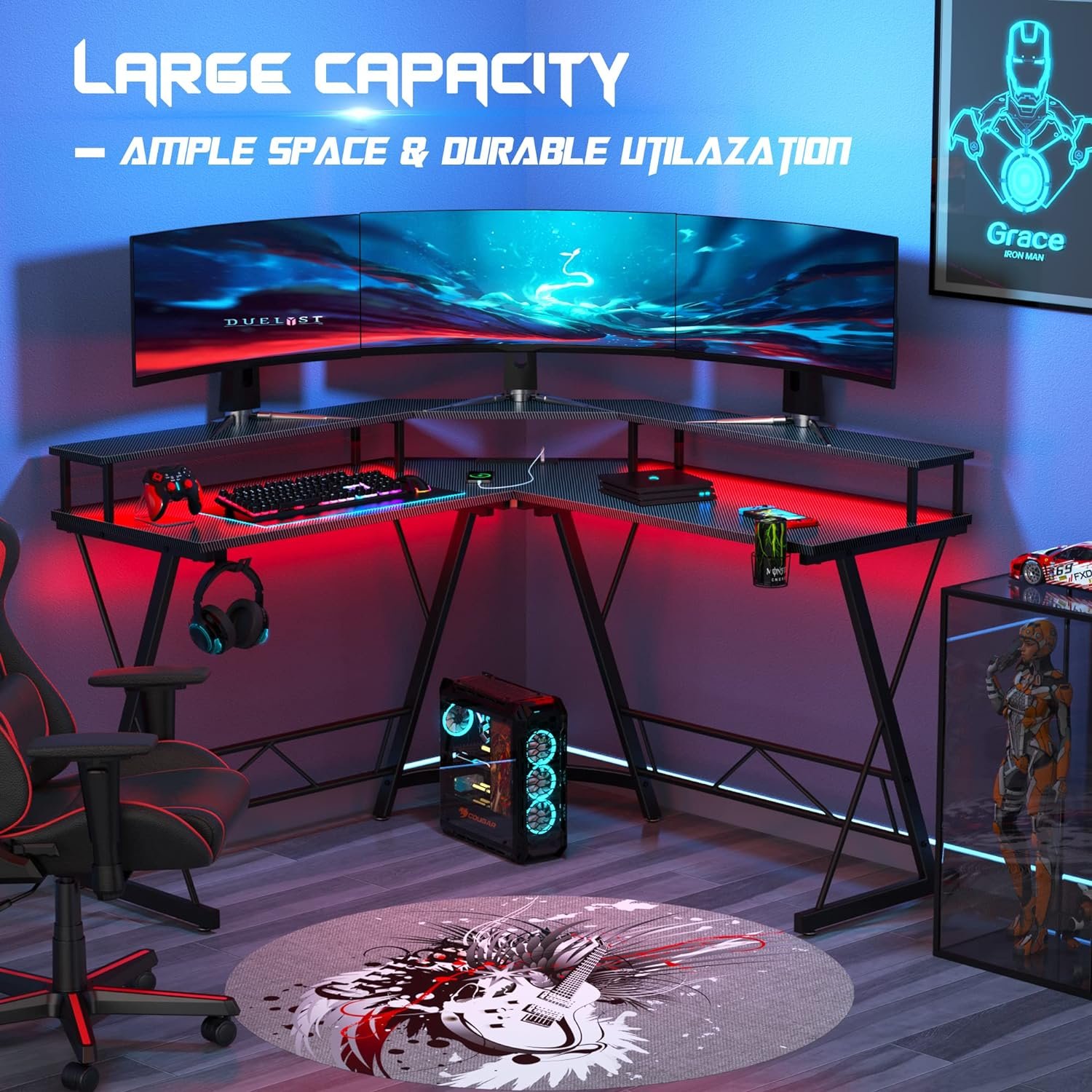The fraud trial of Sam Bankman-Fried, the former CEO of FTX, has commenced in Manhattan Federal Court. Bankman-Fried, known for his involvement in the cryptocurrency industry, appeared in court with a new haircut and focused on his laptop as potential jurors were interviewed by the judge. Charged with seven counts of fraud and conspiracy related to FTX and Alameda Research, Bankman-Fried pleaded not guilty and is set to stand trial for six weeks. The trial began with the presiding judge exhibiting a stern demeanor and demonstrating an intent to thoroughly vet potential jurors. Notably, several former FTX and Alameda executives are expected to testify against Bankman-Fried.
Trial Process

Read more about the Latest Money News
Jury Selection
Jury selection is an integral part of the trial process. The judge, in this case Judge Kaplan, plays a crucial role in determining who will be selected to be on the jury. The judge has a particular style of approaching jury selection, which will be discussed in more detail in the following section.
Bail Revocation
Sam Bankman-Fried’s bail was revoked this summer, and he is currently being held in Brooklyn. This means that he is not able to be free during the trial, and must be present in court each day. The bail revocation has likely caused delays in the trial, as evidenced by Bankman-Fried’s late arrival to the courthouse on the first day. It is worth noting that the delay in Bankman-Fried’s arrival was attributed to another trial occurring nearby, the trial of former President Donald Trump.
Arrival at the Courthouse
On the first day of the trial, Sam Bankman-Fried arrived at the courthouse late. The delay was attributed to the trial of former President Donald Trump, which was taking place nearby. Bankman-Fried was seen entering the courtroom and taking a seat between his two lead lawyers. He appeared to be focused on a laptop, which was disabled from the internet. This behavior will be further examined in the next section.
Bankman-Fried’s Behavior in Court
During jury selection, Sam Bankman-Fried’s behavior in court was noteworthy. He was observed typing and scrolling on his laptop, occasionally engaging with his lawyers and scratching his head. It is unclear what exactly he was doing on his laptop, as his screen was not visible to onlookers. However, it can be assumed that he was taking notes and preparing for the trial.
Read more about the Latest Money News
Prosecutor’s Statement
The prosecutor in the case, Nicolas Roos, stated on the first day of the trial that the government never made any plea offers to Bankman-Fried. This is a significant factor in understanding why Bankman-Fried chose to go to trial instead of pleading out. Going to trial is a risky move for a defendant, as the statistics show that a low percentage of federal criminal defendants are acquitted at trial.
Charges Against Bankman-Fried
Sam Bankman-Fried is facing seven counts of fraud and conspiracy. These charges are related to his involvement with FTX, his cryptocurrency exchange, and Alameda Research, his crypto hedge fund. Former executives from FTX and Alameda are expected to testify against Bankman-Fried during the trial. Bankman-Fried has pleaded not guilty to these charges.
Expected Duration of the Trial
The trial of Sam Bankman-Fried is expected to last approximately six weeks. This is a significant time commitment for both the defendant and the court system. However, given the seriousness of the charges and the number of witnesses involved, it is not uncommon for trials of this nature to last for several weeks.
Judge’s Approach to Jury Selection
Judge Kaplan’s Style
Judge Kaplan has a particular style when it comes to jury selection. Throughout the first day of the trial, he demonstrated his approach to questioning potential jurors. He appeared to relish the opportunity to question people and ensure that impartial jurors were selected.

Dismissing Jurors Who Can’t Be Impartial
Judge Kaplan wasted no time in dismissing potential jurors who stated that they were unable to assess the case impartially. Impartiality is a crucial aspect of jury selection, as jurors must be able to weigh the evidence presented at trial without bias.
Investigating Employment and Personal Situations
Judge Kaplan also took the time to investigate the employment and personal situations of potential jurors. For example, when one potential juror mentioned that they taught from 7 a.m. to 7:30 p.m., Judge Kaplan commented on the long lecture. This demonstrates his attention to detail and desire to understand the circumstances of potential jurors.
Lack of Strong Opinions About Bankman-Fried
Throughout the jury selection process, it became apparent that potential jurors did not hold strong opinions about Sam Bankman-Fried himself. This is in contrast to other high-profile trials, such as the trial of Martin Shkreli, where potential jurors expressed strong opinions about the defendant.
Jurors’ Familiarity with Cryptocurrency
Judge Kaplan also questioned potential jurors about their familiarity with cryptocurrency. It was revealed that most potential jurors had limited knowledge of cryptocurrency, and only a few individuals had direct experiences with it. It is worth noting that three potential jurors mentioned that they had lost money due to cryptocurrency.

Impact of Cryptocurrency Losses on Jurors
The fact that some potential jurors had experienced financial losses due to cryptocurrency may have an impact on their perception of the case. Their personal experiences with cryptocurrency may influence how they view the charges against Sam Bankman-Fried. It will be important for the defense and prosecution to consider the potential biases that could arise from these experiences.
Trial Schedule
Expected Completion of Jury Selection
Judge Kaplan stated that he expects to complete jury selection by the following morning. This indicates that the process of selecting an impartial jury will not be drawn out and will proceed efficiently.
Opening Arguments
Once jury selection is completed, opening arguments will begin. Opening arguments provide the opportunity for both the prosecution and defense to present an overview of their case to the jury. It is a crucial moment in the trial, as it sets the stage for the evidence and testimony that will be presented.
Background on Sam Bankman-Fried
Former CEO of FTX
Sam Bankman-Fried is the former CEO of FTX, a cryptocurrency exchange. As the CEO, Bankman-Fried played a significant role in the operations and management of the company.

Cofounder of Alameda Research
In addition to his role at FTX, Bankman-Fried is also a cofounder of Alameda Research, a crypto hedge fund. Alameda Research engages in cryptocurrency trading and investment activities.
Imprisoned in Brooklyn
Due to the revocation of his bail, Sam Bankman-Fried is currently being held in Brooklyn. This means that he is not able to be free during the trial and must be present in court each day.
FTX and Alameda Allegations
Seven Counts of Fraud and Conspiracy
Sam Bankman-Fried is facing seven counts of fraud and conspiracy. These charges are related to his involvement with FTX and Alameda Research. It is alleged that Bankman-Fried engaged in fraudulent activities and conspired with others to commit these acts.
Testimony of Former FTX and Alameda Executives
Several former executives from FTX and Alameda are expected to testify against Sam Bankman-Fried. Their testimony will likely provide insight into the alleged fraudulent activities and the role that Bankman-Fried played in these activities.

Bankman-Fried’s Not Guilty Plea
Sam Bankman-Fried has pleaded not guilty to the charges against him. This means that he does not admit to committing the alleged fraudulent acts and will contest the charges during the trial.
Risks of Going to Trial
Low Percentage of Acquittals in Federal Criminal Cases
Going to trial is a risky move for a defendant, as the statistics show that a low percentage of federal criminal defendants are acquitted at trial. According to Pew Research Center analysis of federal statistics, approximately 9 out of 10 federal criminal defendants plead guilty, while only 0.4% are acquitted at trial.
Absence of Plea Offers from the Government
In this case, the government has not made any plea offers to Sam Bankman-Fried. This may have influenced his decision to go to trial instead of pleading out. Without a plea offer, Bankman-Fried is left with limited options and must rely on the trial process to defend himself against the charges.
Judge Kaplan’s Questioning
Approaching Potential Jurors
Judge Kaplan took a thorough approach to questioning potential jurors. He was diligent in ensuring that jurors would be able to assess the case impartially and without bias.
Asking About Personal Relationships
Judge Kaplan asked potential jurors about their personal relationships, particularly those that may have a connection to the case. This demonstrates his attention to detail and desire to understand potential biases that may exist.
Interest in Employment and Pay during Jury Duty
Judge Kaplan inquired about potential jurors’ employment situations and whether they would be compensated during jury duty. He wanted to ensure that individuals were not being unduly burdened by serving on the jury.
Jurors’ Knowledge and Opinions on Cryptocurrency
Judge Kaplan also questioned potential jurors about their knowledge and opinions on cryptocurrency. This is relevant to the case, as Bankman-Fried is involved in the cryptocurrency industry. Understanding potential jurors’ familiarity with cryptocurrency is important for assessing potential biases.
Impact of Delayed Schedule
Connection to Trump’s Civil Trial
The delay in Sam Bankman-Fried’s arrival at the courthouse on the first day of trial was attributed to the trial of former President Donald Trump, which was being held nearby. The scheduling conflicts between the two trials indicate the potential impact that high-profile cases can have on each other.
Effect on Bankman-Fried’s Arrival at Court
The delay in Bankman-Fried’s arrival at the courthouse may have logistical implications for the trial. It is crucial for all parties involved in the trial to be present and on time to ensure the smooth progression of proceedings. The judge and legal teams must manage any delays effectively to ensure that the trial stays on track.
Bankman-Fried’s Conduct in Court
Working on Internet-Disabled Laptop
During jury selection, Sam Bankman-Fried was observed working on an internet-disabled laptop. The purpose and content of his work on the laptop were not visible to onlookers, but it can be assumed that he was preparing for the trial.
Taking Notes and Engaging with Lawyers
Bankman-Fried was seen taking notes and engaging with his lawyers during the proceedings. This indicates active participation and preparation on his part. Note-taking is often an essential part of trial preparation for both the defense and the prosecution.
Standing During Entry of Potential Jurors
As a customary gesture, Bankman-Fried stood when the first group of potential jurors entered the courtroom. However, he initially sat back down before realizing that others were still standing. This behavior may be perceived as a minor detail, but it showcases Bankman-Fried’s willingness to adhere to courtroom etiquette.
Low Juror Opinions About Bankman-Fried
Comparison to Martin Shkreli’s Trial
In contrast to the trial of Martin Shkreli, where potential jurors expressed strong opinions about the defendant, potential jurors in Bankman-Fried’s trial did not hold strong opinions about him. This suggests that Bankman-Fried may not have the same level of notoriety or public perception as Shkreli.
Jurors’ Lack of Familiarity with Bankman-Fried
It became apparent during jury selection that potential jurors had limited familiarity with Sam Bankman-Fried. This lack of familiarity may influence their perception of the case and their ability to assess the charges against Bankman-Fried objectively. It will be important for the defense and prosecution to consider this factor during the trial.











